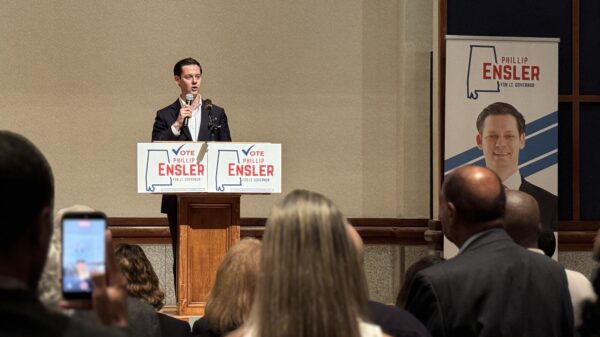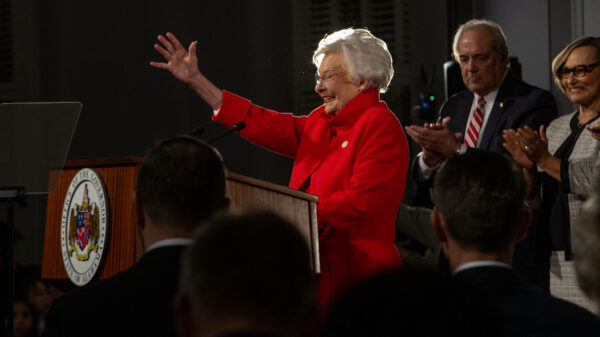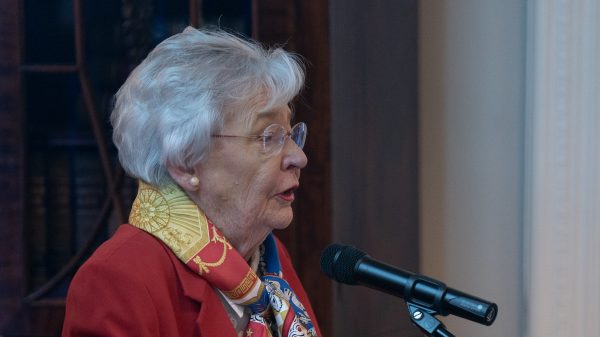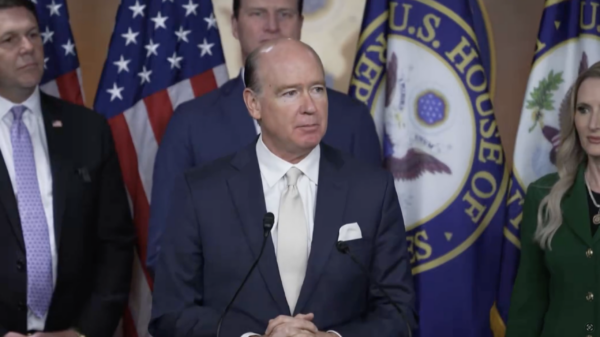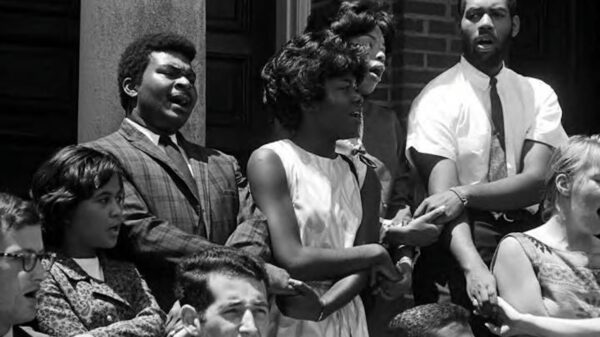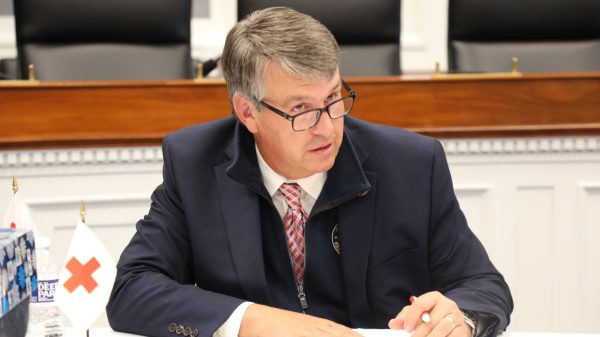Sam Mattison
Alabama Political Reporter
A bill that would expand municipal governments’ reach into broadband and internet services renewed a debate on government expansion into private enterprise at a committee meeting on Wednesday, April 12.
The House Committee on Commerce and Small Business was a packed house on Wednesday with some people even forced to stand in the back.
The main attraction at the committee meeting was a public hearing on House Bill 375 which would allow certain municipalities to increase government services into broadband and internet.
This would essentially be like an internet utility subsidized by the municipalities. There are already some municipalities that provide these services and the bill would expand their powers to include certain citizens under certain conditions.
Representative Joe Lovvorn (R-Auburn), sponsor of the bill, said the bill was crafted in response to an issue regarding the City of Auburn being unable to provide broadband services for its under-served communities. The bill would also affect certain parts of Opelika.
Michael Speakman, a resident of Auburn, spoke in favor of the bill.
“I’m the poster child for this bill,” Speakman said.
Speakman said he lives on the outskirts of Auburn and to get internet services he must arrange two satellite dishes on top of his home. He said the internet connection is not reliable.
Speakman said that his daughter, who is a student at Auburn University, must leave home to get stable enough internet to do her schoolwork.
On the committee, Representative Barry Moore (R- Enterprise) expressed some concern over the expansion of government into the private sector.
“Where is it going to stop?” Moore said.
The opponents of the bill were mostly representatives for internet providers.
Fred McCallum, the president of AT&T Alabama, said the bill would have far reaching impacts for the State.
“This is not a local bill in any way, shape or form,” McCallum said.
McCallum also brought up concerns that the bill doesn’t define what an under-served customer is. McCallum said that he believes government should provide broadband services for those who absolutely cannot get it from a private business, but he expressed concern with the implications that the bill would force companies to compete with government utilities.
In addition to the providers, there was also George Ford, the chief economist for the Phoenix Center for Advanced Legal and Economic Public Policy Studies, who spoke in opposition to the bill.
Ford said the reason why private businesses haven’t moved into under-served areas is because they don’t get any revenue from them. He also said that he didn’t understand why the people of Opelika may be asked to pay for the City of Auburn’s problem.
According to BroadbandNow, an organization that advocates for better internet access, Auburn has a 99 percent connectivity rate and ranked within the top 10 cities in Alabama for Broadband coverage.
Alabama ranked 39th in the United States for amount of people connected with 73 percent being under broadband coverage.





